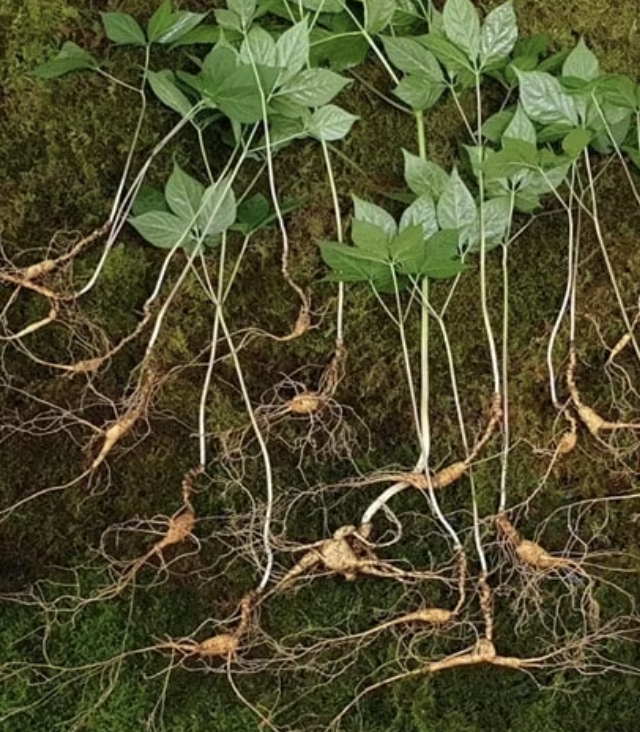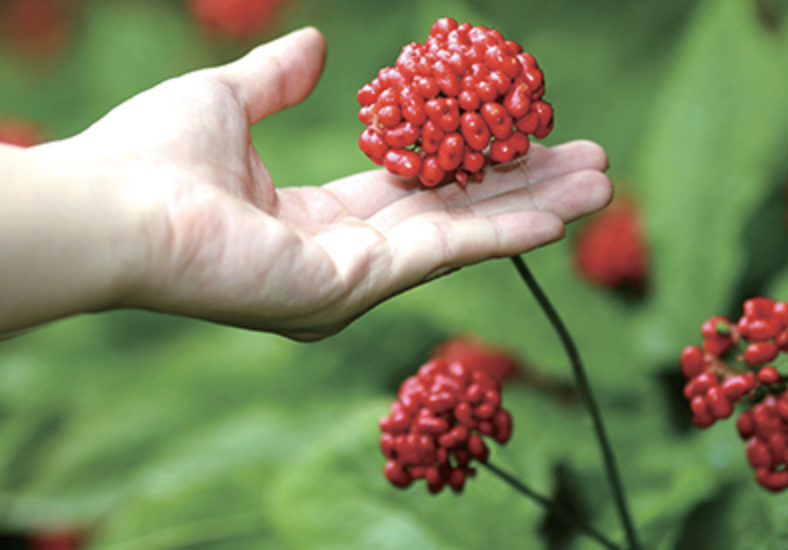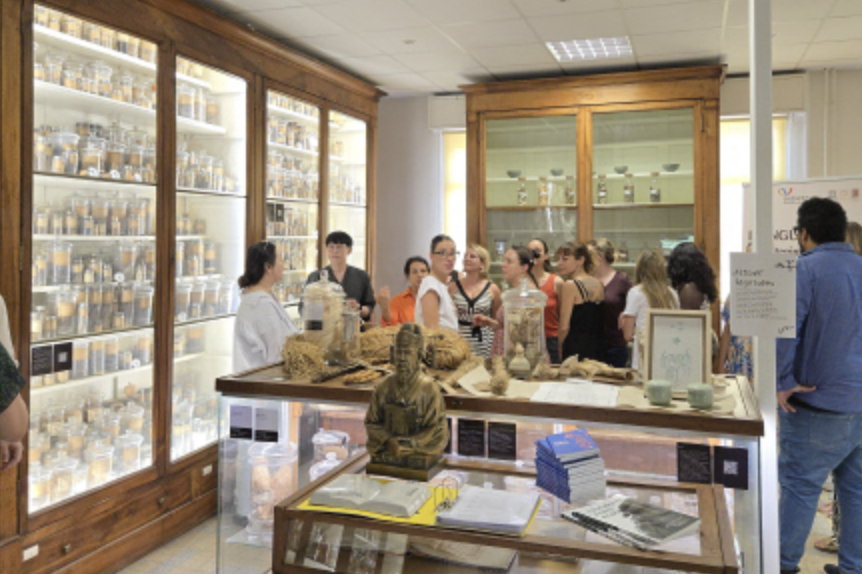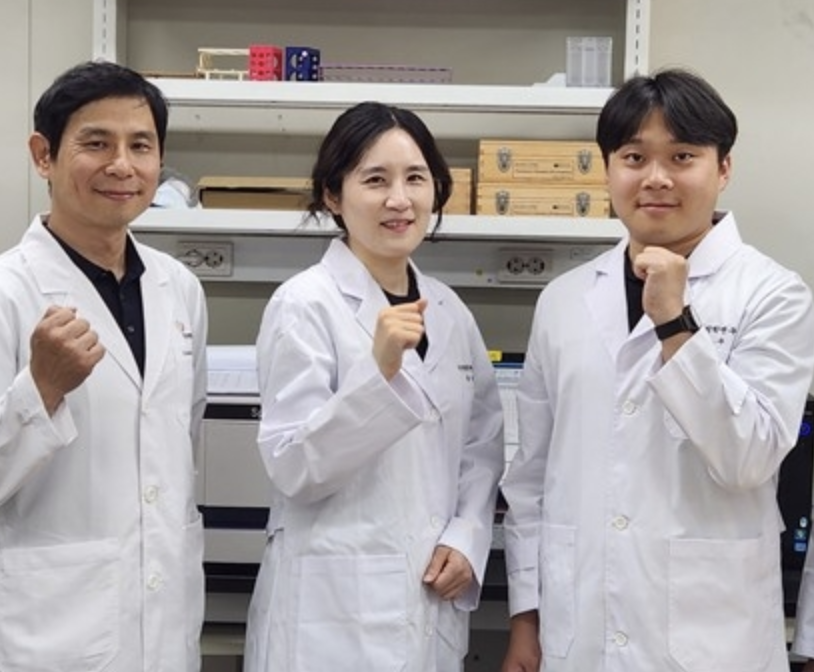The Middle Eastern market has emerged as a major growth frontier for South Korean exporters, with recent data revealing a remarkable 45% increase in exports to the region. This surge is being largely driven by the rising demand for Halal-certified products, reflecting both economic opportunity and shifting consumer dynamics in the Gulf Cooperation Council (GCC) nations.
👉 Buy Korean Ginseng Extract – Trusted by Generations
The Rise of Halal Certification in Global Trade
Halal certification is no longer a niche concern. With the global Muslim population nearing two billion, Halal-compliant goods are gaining traction not only in Islamic nations but also in non-Muslim-majority countries with significant Muslim populations. The certification ensures that products—ranging from food and beverages to cosmetics and health supplements—adhere to Islamic dietary laws and ethical standards.
In the Middle East, Halal certification is not just a religious or cultural preference but also a regulatory necessity for importers, particularly in nations like Saudi Arabia, the UAE, and Qatar. Korean companies that have successfully navigated Halal certification are now tapping into a loyal and fast-growing consumer base in the region.
South Korea’s Strategic Expansion into the Middle East
South Korean exports to the Middle East reached new heights in the past year, according to the Ministry of Trade, Industry and Energy. Sectors that have witnessed the most significant growth include:
Health supplements, including Korean red ginseng and probiotics.
Beauty and skincare products formulated with clean, Halal-compliant ingredients.
Processed foods like ready-to-eat meals and snacks manufactured under Halal guidelines.
These products resonate strongly with local consumers who prioritize both quality and religious compliance. The “K-Brand” image, synonymous with high standards and innovation, has further fueled interest among affluent Middle Eastern buyers.
Why Halal-Certified Korean Products Stand Out
Korean manufacturers have proven agile in aligning their supply chains with Halal production standards. South Korea’s state-backed agencies, such as the Korea Muslim Federation (KMF) and the Korea Halal Authority (KHA), have worked in tandem with businesses to streamline the certification process and build international credibility.
Furthermore, Halal certification extends beyond food. Beauty products that are alcohol-free, cruelty-free, and made without animal-derived ingredients are gaining popularity. Korean cosmetics brands that cater to these standards have seen double-digit growth in GCC countries.
Case Studies: Market Success Stories
KGC (Korea Ginseng Corporation) has expanded its Halal-certified red ginseng product line in the Middle East, now exporting to over 15 countries including the UAE and Kuwait.
Innisfree and Missha, Korean skincare brands, have developed entire product lines specifically formulated to meet Halal compliance, gaining shelf space in major Gulf retailers.
CJ CheilJedang, a food giant, has reported increased orders for Halal-certified bibimbap and frozen dumplings.
Challenges and Long-Term Potential
While the Middle East presents a lucrative opportunity, Korean exporters face several challenges, including strict import regulations, high competition from local and Turkish suppliers, and the cost-intensive nature of Halal certification audits.
Despite these barriers, the long-term potential remains robust. The GCC’s young and tech-savvy population shows a growing appetite for premium international brands, and Korean products—backed by quality, functionality, and trend appeal—are well-positioned to meet this demand.
Conclusion: Strategic Implications
The 45% increase in Korean exports to the Middle East underscores the importance of cultural sensitivity and certification compliance. Businesses looking to enter or expand in the region should prioritize Halal certification and tailor their offerings to local preferences.
As the Halal economy is projected to surpass $3 trillion globally by 2027, South Korea’s proactive and adaptive approach could serve as a model for other exporters aiming to penetrate this high-growth market.
#HalalCertified #KoreanExports #MiddleEastTrade #KBeauty #KoreanRedGinseng
👉 Buy Korean Ginseng Extract – Trusted by Generations
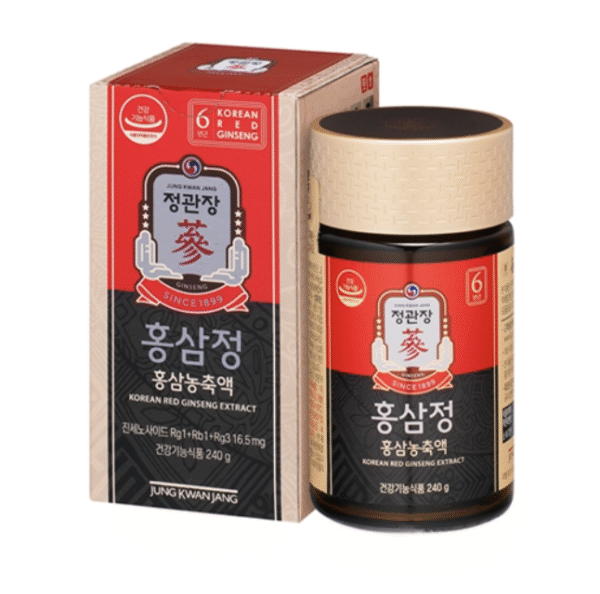
Korean Halal-certified products see rising popularity in Middle Eastern markets





